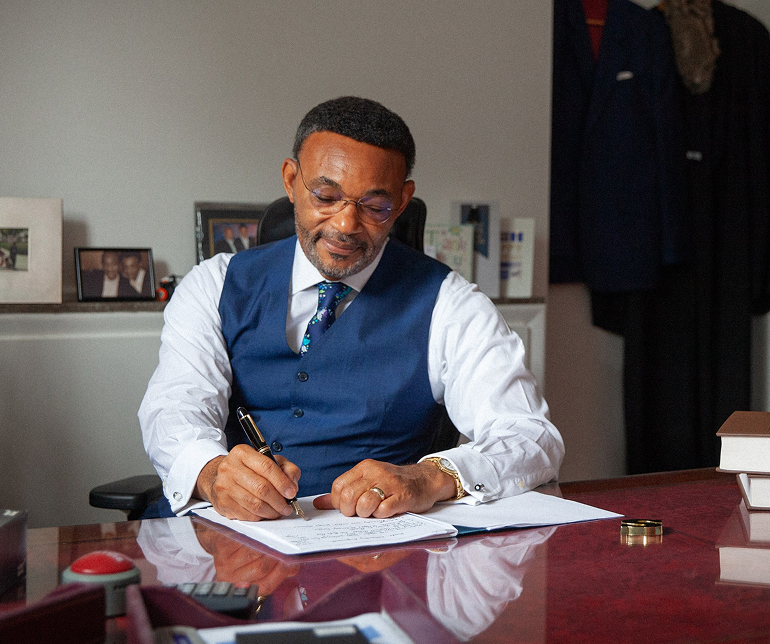Construction
How to prepare for adjudication (as the referring and responding party)
- Written by: Samuel Okoronkwo
- Published on:


Share
Adjudication is often won or lost before the process even begins. Do not be intimidated by this, embrace it for the caution it is. I do not mean that adjudication outcomes can be definitively predicted before proceedings, but you have the opportunity to strengthen your case before presenting it.
Ensuring your case is focused, properly evidenced and strategically positioned is essential to achieve your desired outcome. There are also technical factors that must be considered and those will also be covered in this article.
Depending on if you are the referring or responding party will alter how you prepare for the process of adjudication. However, there are steps that both must take to ensure the process can proceed as it is supposed to.
Preparations for both parties
- Before adjudication can begin, the dispute must be ‘crystallised.’ This means that both parties agree that there is a dispute and both understand the particulars of this dispute. Failure to do so can invalidate the entire process.
- Both parties will be expected to provide evidence based on their stance in the claim. This evidence will be any and all supporting documents relevant to the claim. This can include but is not limited to: a copy of the construction contract, emails, letters, meeting reports, financial statements and witness statements. For more detail on the evidence you need for adjudication, refer to this article.
- Once all relevant notices have been served (these will be discussed in later sections of this article), an adjudicator must be appointed in agreement with both parties.
- The best way to prepare for adjudication is to seek expert legal advice on the matter. Doing this early in the process will remove the risk of any errors or further delays and put you in the strongest position.
Preparations for the referring party
The referring party is the party responsible for serving the notice of adjudication.
- After the dispute has been crystallised, the first adjudication notice must be served by the referring party – this is known as a Notice of Adjudication. This notice will include the parties involved, the nature of the dispute and the relief sought. It is essential that these details are corrected for adjudication to go ahead uninterrupted.
- With this in mind, it is vital that the referring party draft the notice carefully and ideally with expert support. While the notice itself is brief, it will determine the entire scope of adjudication and, if drafted incorrectly, could give the responding party grounds to have the dispute thrown out.
- Keep in mind that any adjudicator will be approaching your case from an impartial mindset. This means they will have no previous knowledge and therefore will rely solely on the evidence provided to them – this includes the Notice of Adjudication. Everything in this notice must be stated clearly and concisely.
Relieve the pressure of adjudication preparation
There are very common missteps that can happen during any stage of the adjudication process but before is where I see it most. Either due to panic or lack of knowledge, people rush into the process, believing that because it promises quick resolution, quick action must also be taken. While it is true that efficiency is key, you do not want to risk preparing wrong and losing your case before it’s even begun.
On December 2nd, I will be hosting a webinar to share the most common pitfalls I see at this stage in adjudication and how you can avoid them. You’ll come away with a practical guide on how to build a strong case from day one. Register your spot here.
contact us
Contact Samuel Okoronkwo
Get in touch today to speak directly with Samuel Okoronkwo for expert legal advice and assistance.



